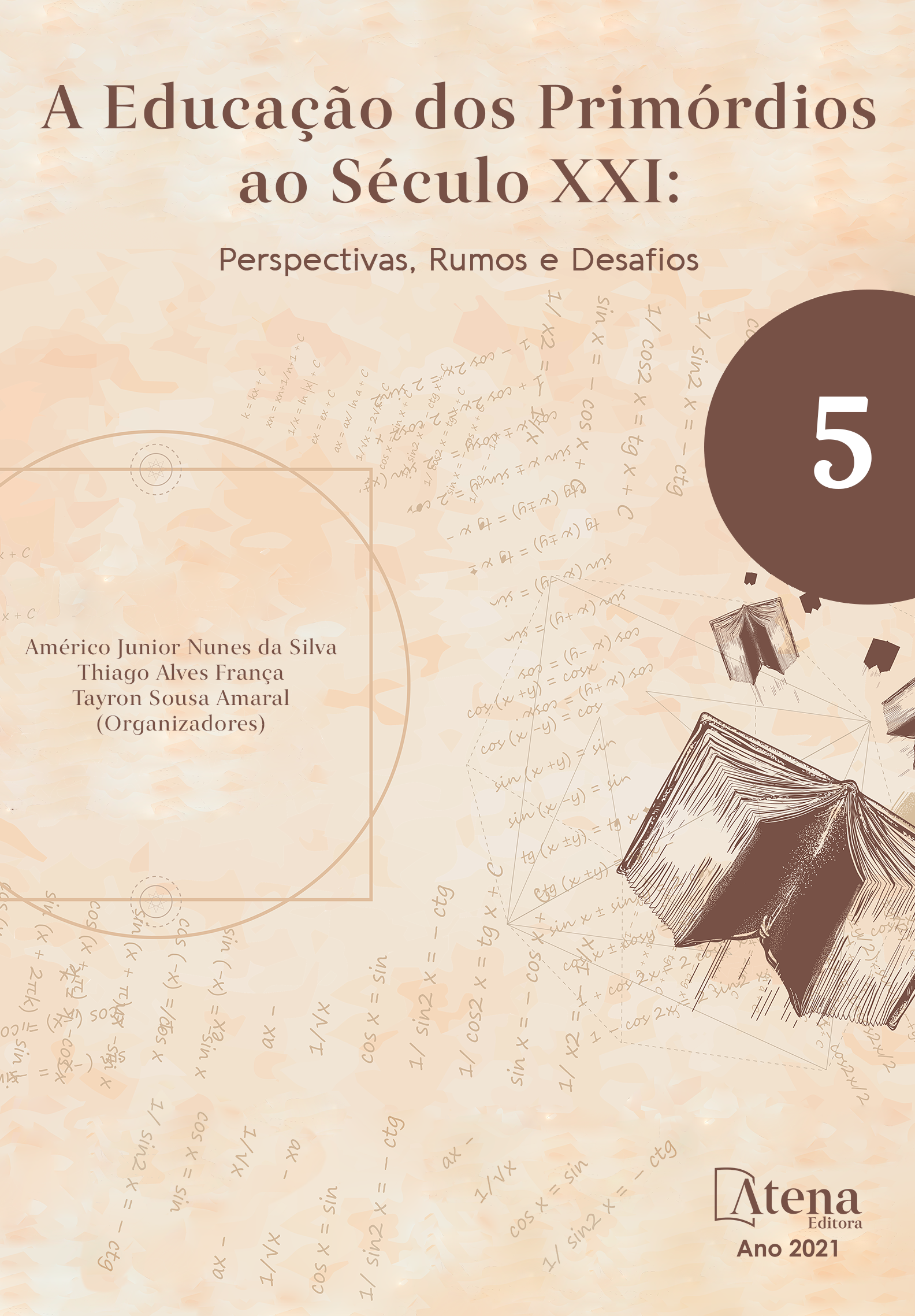
A INTEGRAÇÃO DE CONHECIMENTOS MATEMÁTICOS EM LIVROS DE ARITMÉTICA DAS ESCOLAS PAROQUIAIS LUTERANAS GAÚCHAS DO SÉCULO XX
Este capítulo apresenta um estudo fundamentado na pesquisa histórica, que tem por objetivo discutir a integração de conhecimentos matemáticos em livros de aritmética editados pela Igreja Evangélica Luterana do Brasil – IELB, por meio da Casa Publicadora Concórdia, para as escolas paroquiais luteranas do século XX, no Rio Grande do Sul. Em 1900, o Sínodo de Missouri, hoje IELB, iniciou missão nas colônias alemãs gaúchas, fundando congregações religiosas e escolas paroquiais. Tais escolas estavam inseridas num projeto missionário e comunitário que buscava ensinar a língua materna, matemática, valores culturais, sociais e, principalmente, religiosos. Analisaram-se os livros de aritmética da série Ordem e Progresso e da série Concórdia, editados para as escolas primárias, na primeira metade do século passado, identificando-se a integração entre conhecimentos de aritmética; aritmética e geometria; aritmética, geometria e álgebra. Diante do exposto, evidenciou-se a integração entre conhecimentos envolvendo números decimais e unidades de medida do sistema métrico, contextualizados com práticas socioculturais e o cotidiano dos estudantes.
A INTEGRAÇÃO DE CONHECIMENTOS MATEMÁTICOS EM LIVROS DE ARITMÉTICA DAS ESCOLAS PAROQUIAIS LUTERANAS GAÚCHAS DO SÉCULO XX
-
DOI: 10.22533/at.ed.4582110039
-
Palavras-chave: História da Educação. Escolas Paroquiais Luteranas. Livros de Aritmética. Integração de Conhecimentos Matemáticos.
-
Keywords: History of Education. Lutheran Parochial Schools. Arithmetic Books. Integration of Mathematical Knowledge.
-
Abstract:
This chapter presents a study based on historical research, which aims to discuss the integration of mathematical knowledge in arithmetic books published by the Evangelical Lutheran Church of Brazil – IELB, through Concordia Publishing House, for Lutheran parish schools of the 20th century, in Rio Grande do Sul. In 1900, the Missouri Synod, now IELB, started a mission in the German colonies in Rio Grande do Sul, founding religious congregations and parish schools. Such schools were part of a missionary and community project that sought to teach the mother tongue, mathematics, cultural, social and, mainly, religious values. The arithmetic books of the Order and Progress series and of the Concordia series, edited for primary schools in the first half of the last century, were analyzed, identifying the integration between arithmetic knowledge; arithmetic and geometry; arithmetic, geometry and algebra. In view of the above, the integration between knowledge involving decimal numbers and units of measurement of the metric system became evident, contextualized with socio-cultural practices and the students' daily lives.
-
Número de páginas: 15
- Malcus Cassiano Kuhn


